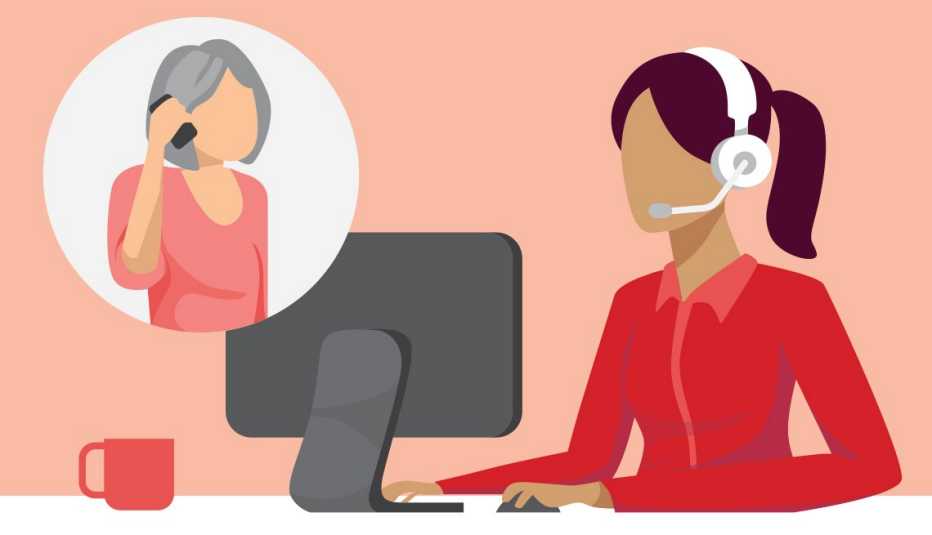AARP Hearing Center


AARP’s Fraud Watch NetworkTM Helpline is a free resource for AARP members and nonmembers alike. Trained fraud specialists and volunteers field thousands of calls each month. Get guidance you can trust, free of judgment.
Have you or a loved one been targeted by a scam?
If you or a loved one has been targeted by a scam or fraud, you are not alone. Our fraud specialists provide free support and guidance on what to do next.


AARP Membership— $12 for your first year when you sign up for Automatic Renewal
Get instant access to members-only products and hundreds of discounts, a free second membership, and a subscription to AARP the Magazine.
Common signs of a scam include:
- A phone call asking for money or personal information, such as your Social Security number.
- A request to buy gift cards to pay a purported debt or to send money to someone whom you’ve only met online.
- An unauthorized charge on your credit card.
- An email or call saying you’ve won a sweepstakes or lottery, though you don’t recall entering one.
Report a scam or fraud if
- You get a suspicious call, text or email requesting your bank account number; instructing you to buy a gift card; or promising a prize or gift.
- You gave money or financial or medical information to someone whom you now suspect was a scammer.
- A relative or friend gave money or something of value to a suspected scammer.
Our volunteers can offer:
- Tips on how to spot a scam.
- Concrete steps to avoid fraud
- Actions to take if you have experienced fraud.
- Emotional support from peers who have experienced fraud.
- Guidance for families concerned that a loved one is being targeted by a scammer.
- Referrals to law enforcement and other agencies that investigate fraud.
The helpline also offers translation services.
How your call helps
Your call helps AARP and our federal, state and community partners to spot trends and respond to emerging threats. “People who call us, they’re our boots on the ground. They're our eyes and ears to what's happening out in the scam world,” says Amy Nofziger, director of the Fraud Watch Network Helpline.
How AARP helps
With AARP as your partner, you can be better equipped to stay ahead of scammers.
Fraud Victim Support: Free, confidential discussion groups
Report a Scam: See scams in your area with the Scam-Tracking Map.
Watchdog Alerts: Get regular updates on the latest scams by email or text.
Thanks to AARP members, we offer free resources, such as the Fraud Watch Network Helpline, Scam-Tracking Map and Watchdog Alerts.





























































More From AARP
Identity Fraud Cost Americans $43 Billion in 2023
Victims are losing more money to these crimes
AI Fuels New, Frighteningly Effective Scams
The technology can help criminals impersonate celebs, law enforcement — or even you
What to Know About Cryptocurrency ATMs
Kiosks are everywhere, helping scammers steal cash from victims